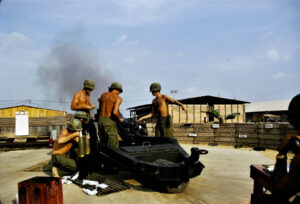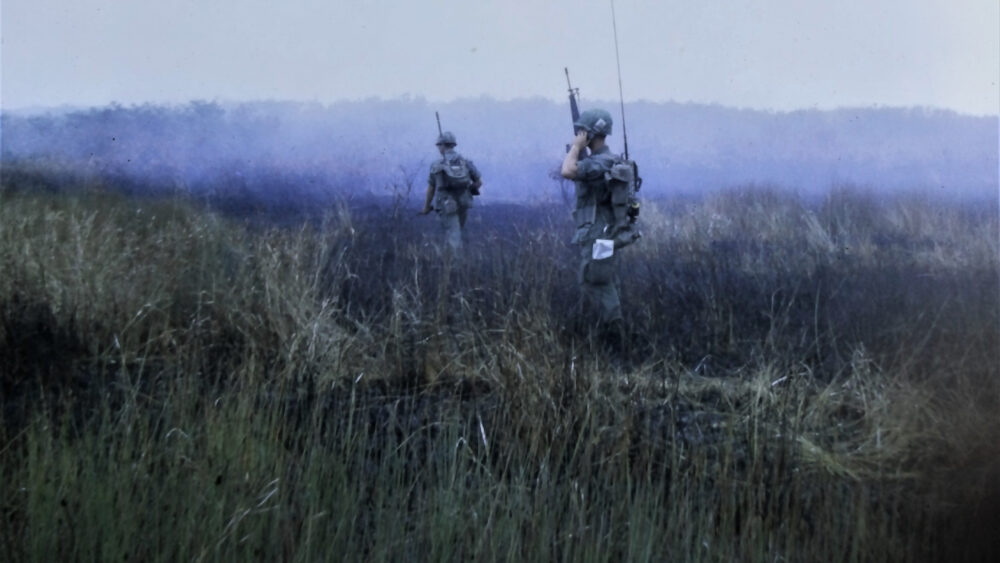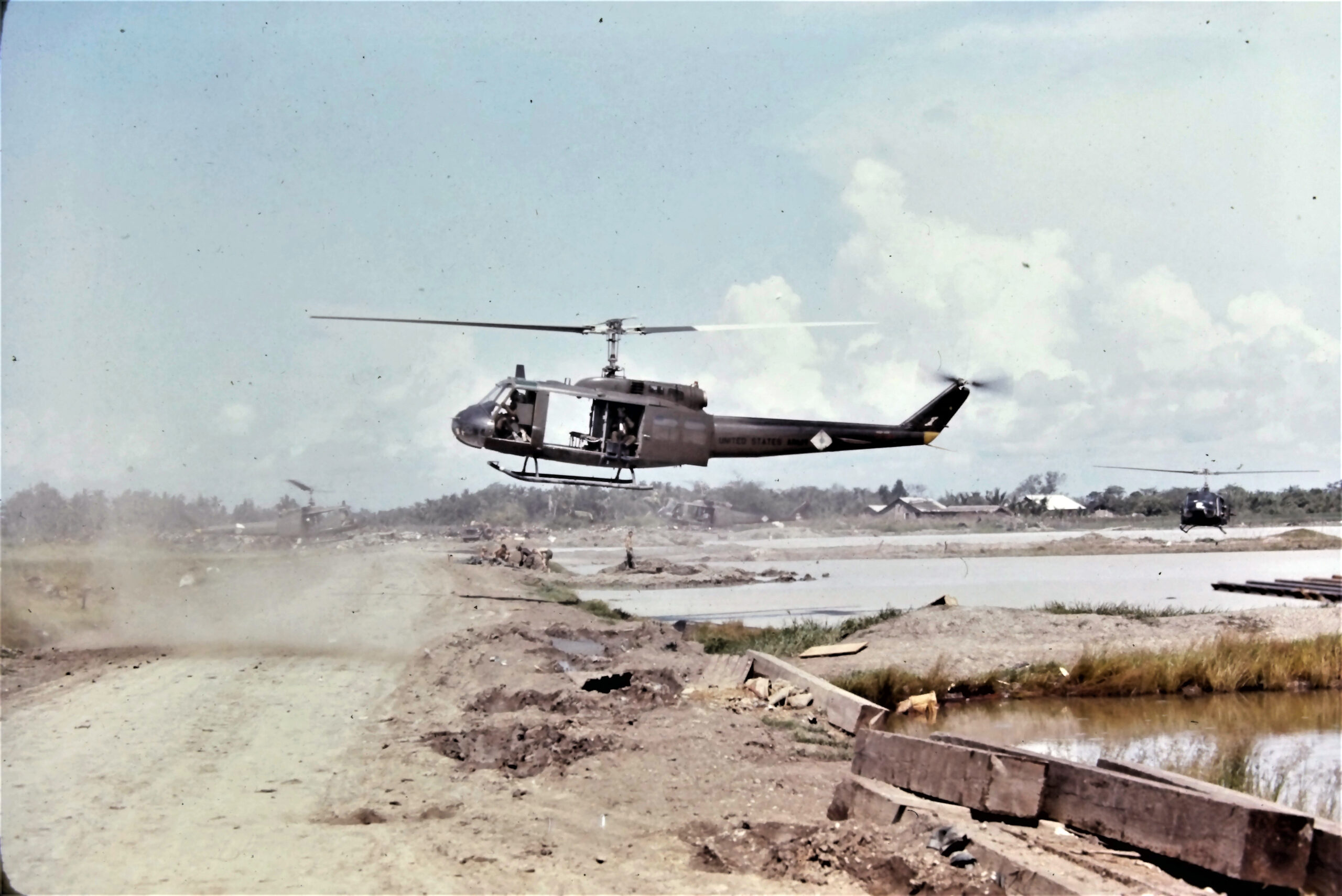Glen Inabinet was a bit farther along in life, a bit more mature, than the average draftee who went to Vietnam. He was an old married man of 25, and he had plans. He’d already been to college. He enlisted rather than waiting to be drafted, and looking ahead, he even planned to go to Officer Candidate School.
He ended up changing that last plan. But he went to Vietnam and did his duty, and even extended his time in country a bit so that he could be completely out of the Army when he left and could go home to his wife, rather than to some boring stateside billet that was far from South Carolina.
And now he’s written a book about it – Mekong Memoirs: A GI in Tan Tru, Long An Province, 1969-1970. He will talk about that in a free lecture at the Richland Library main location on Assembly Street in Columbia at noon on Friday, July 11. The lecture is part of the South Carolina Confederate Relic Room and Military Museum’s regular Noon Debrief program.
Listeners will hear all about what happened between his enlistment and discharge, and he has some tales to tell. It started with a surprise, which would not be his last: He had planned to train close to home, at Fort Jackson. But he was sent to Fort Leonard Wood instead, then Fort Sill for artillery school. That first bouncing-around was what convinced him not to stick around for OCS.
 The new soldier from Orangeburg got a bigger surprise after arriving in Vietnam in March 1969. He spent his first week doing what he trained for, firing artillery rounds from Firebase Tan Tru. Suddenly, the forward artillery observer needed a new radio operator. Glen didn’t raise his hand, but got “volunteered” anyway, and became part of a three-man team – the forward observer officer, the recon sergeant and the radio-telephone operator, or RTO. As a member of this team, he would gain a much clearer picture of the places where the artillery shells landed. And he would do so in a decidedly “up close and personal” manner.
The new soldier from Orangeburg got a bigger surprise after arriving in Vietnam in March 1969. He spent his first week doing what he trained for, firing artillery rounds from Firebase Tan Tru. Suddenly, the forward artillery observer needed a new radio operator. Glen didn’t raise his hand, but got “volunteered” anyway, and became part of a three-man team – the forward observer officer, the recon sergeant and the radio-telephone operator, or RTO. As a member of this team, he would gain a much clearer picture of the places where the artillery shells landed. And he would do so in a decidedly “up close and personal” manner.
The team would be flown in by helicopter – except some nights, when they went in by Tango boat. At first, this new experience of riding in an open Huey was pleasant. At least it got him up out of the heat on the ground. But that coolness was short-lived, as the Huey would land in a “hot LZ.” That meant that the enemy would be firing at them when they landed.
Welcome to Vietnam, young man.
But he only did that for five weeks before encountering his next surprise. As suddenly as he had become a combat radioman, he was brought back to the firebase to perform the clerical task of tracking of all the battery’s equipment, including guns and jeeps. He sat in a tiny office in charge of big, metal-jacketed books, in which he recorded any time someone checked out, say, a jeep.
After staying an additional 36 days at his post so he could go straight home at the end, he returned to the wife he hadn’t seen for 13 months, and then taught U.S. history for more than 30 years at Camden High School.
Inabinet doesn’t claim his book tells the whole story of Vietnam. It’s just “my story of my experience, in a certain place, at a particular time,” he says. “Everybody has a story. Every veteran has a story.”
Come hear his story at Richland Library on Assembly Street on July 11.




Comments are closed.